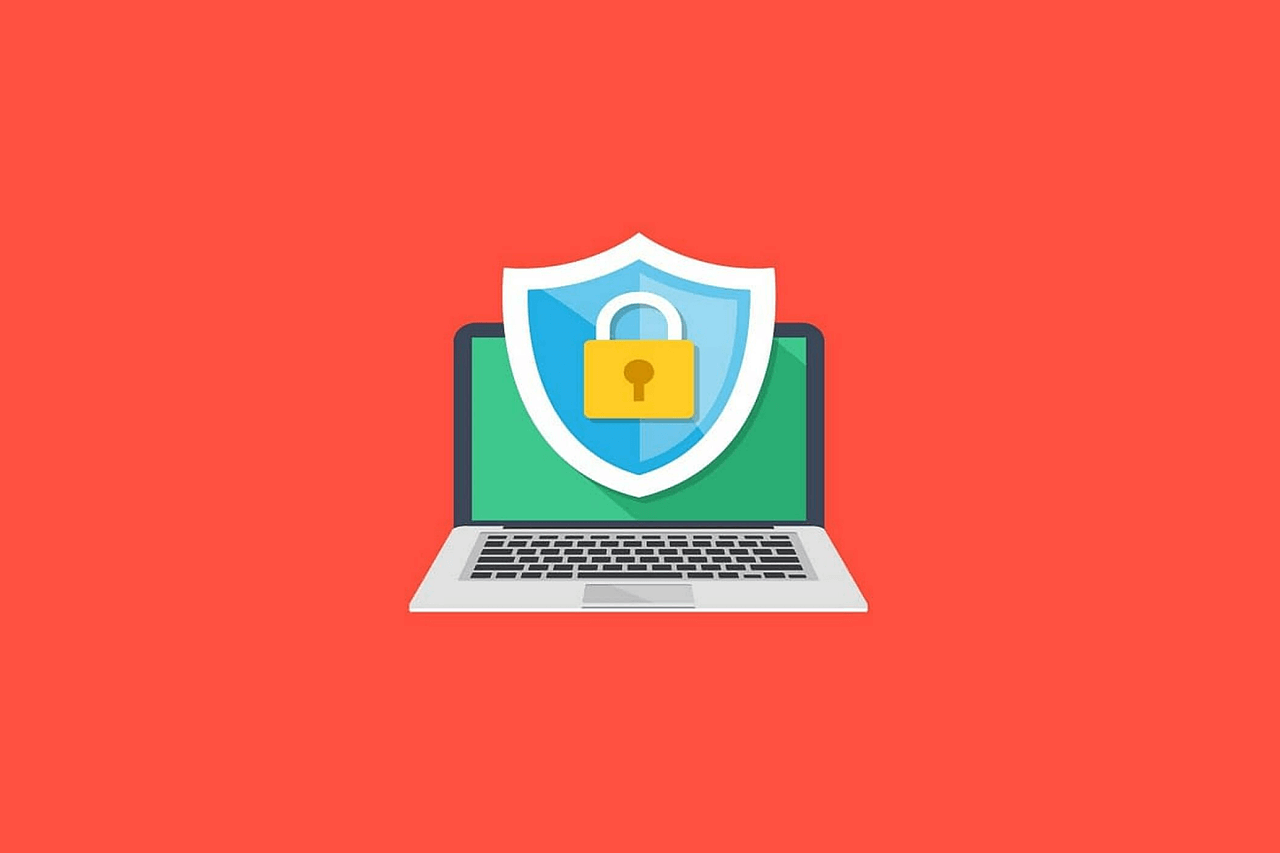Even though the Internet isn't safe for anything confidential, many of you still utilize the Internet because it's the fastest way to disseminate information for the intended recipient. Sending files personally is possible and considered the safest, but sometimes it's not practical as it can take time and energy before your recipient finally receives it.
Scam Detectors Most Trusted Websites in Online Security
- Guard.io (100): Surf the web safely. Clean up your browser, remove maliscious extensions and check for privacy violations.
- Incogni.com (100): Delete your personal data from the internet and protect against scams and identity theft.
- ExpressVPN (100) Stay secure and anonymous online - Best VPN Out There
- IPVansish (100) Fast VPN to stay safe and secure online with multiple discount plans.

Thus, when you decide to handle confidential files on the Internet for your business, it's your utmost responsibility to protect them. Failure to protect your data effectively can lead to lawsuits, loss of trust from your clients, ruined business reputations, and, worse, lose of business altogether.
To avoid such a situation, below are four tips for sending confidential information safely and securely:
1. Secure Delivery
Keeping confidential information safely and securely inside your company premises is one thing, but sending them out safely is another. Make sure you're sending these files in a secured manner. If you're to send a physical document, it's best to have it delivered by your most trusted courier service. Better yet, you can have someone within the company whom you trust to send the documents personally to ensure that they arrive safely and without delay.
If you're to send digital documents and files, you may first opt to send them through email. However, emailing can sometimes be prone to a security breach, especially if you're using a company email that everyone can access. Thus, it's best to use a specific email that's solely for sending confidential files only. You can also send an online fax with eFax as it's even more secure than email. Emails need encryption to be secured and safely delivered. Meanwhile, the fax is encrypted already.
2. Ensure You Have Control Access
When storing confidential information digitally, you must have complete control access by securing it with passwords, encryptions, and firewalls. This goes especially for confidential files stored in small storage devices like USB drives, which are known to be easily lost and misplaced.
In using passwords for your confidential files, make sure these passwords are regularly changed. Additionally, ensure that you're using passwords that can never be predicted or not in any way related to standard details such as your birthday, your company's anniversary date, your favorite color, or even the company's name itself.
These details are very much predictable and have been used as password references by millions of people. In creating a solid and unique password for your confidential files, make sure it consists of lower- and upper-case letters, numbers, and special characters.
3. Never Write Down Passwords
Now that you've put strict control access to your confidential files, it's time you sent them to the intended recipients. However, you may be thinking of emailing the password details to the recipient to access the files.
Unfortunately, doing so will only put your passwords' solidity in vain. Like how banks never mail PINs and ATM cards, you should never write down and share password details through email. Emails, social media, and other chat platforms are never safe for sharing sensitive information.
The best way to send passwords to particular people is through verbal communication. Instead of emailing the exact password details, you can send an email informing them that you'll be sending the details on that specific date. Then, you can directly call the recipient through their own number, ensure no one else is with them as they receive the call, and tell them the password.
4. Use A Secure File Sharing Platform
The easiest and quickest way you can send confidential files securely and safely is by using a secured file sharing platform. This platform will do all the complex security tasks for you. Some features you must consider when choosing a secured file sharing platform include:
- Password protection in every file
- User permissions
- Encryption
- Real-time activity logs
Sending confidential information is crucial, but it doesn't have to be complicated. As long as you know the features you'll need for your file-sharing platform, you can find one. Furthermore, it's also best if the entire company knows about the common online security threats so that everyone can protect themselves and your company's confidential information from potential security breaches.
The essential foundation of business relationships is trust. The best way you can demonstrate your business' trustworthiness and credibility is through the way you handle confidential information. When your customers can see how strictly you control confidential files' security, they can be assured that their info and personal data will be safe in your company.
Information security is everyone's responsibility, from the management down to each employee. With these tips in mind, you and the rest of the company members must be equipped and knowledgeable in handling confidential information anytime.
How To Report Suspicious Activity
Let your family and friends know about this article. You can also officially report scammers and any other suspicious activity to the Federal Trade Commission using this FTC link.
How To Protect Yourself More
If you want to be one of the first people to be notified by the most notorious scams, subscribe here to the Scam Detector newsletter. You'll receive weekly emails. Meanwhile, educate yourself with some other Internet fraud-related articles below, so that you know how to stay safe online. Feel free to use the comments section below to expose other suspicious activity.
7 Tips For Staying Safe Online
Verify a website below
Are you just about to make a purchase online? See if the website is legit with our validator:
vldtr®


TOP 4 MUST-WATCH FRAUD PREVENTION VIDEOS
1. Top 5 Amazon Scams in 2024 2. Top 5 PayPal Scams in 2024 3. How To Spot a Scam Email in 2024
- Latest Posts by Selma Hrynchuk
-
How To Stop Robocalls
- -
Taking Control of Your Data Privacy: Protecting Yourself in 2024
- -
The Urgency of Removing Personal Information from the Internet
- All Posts













